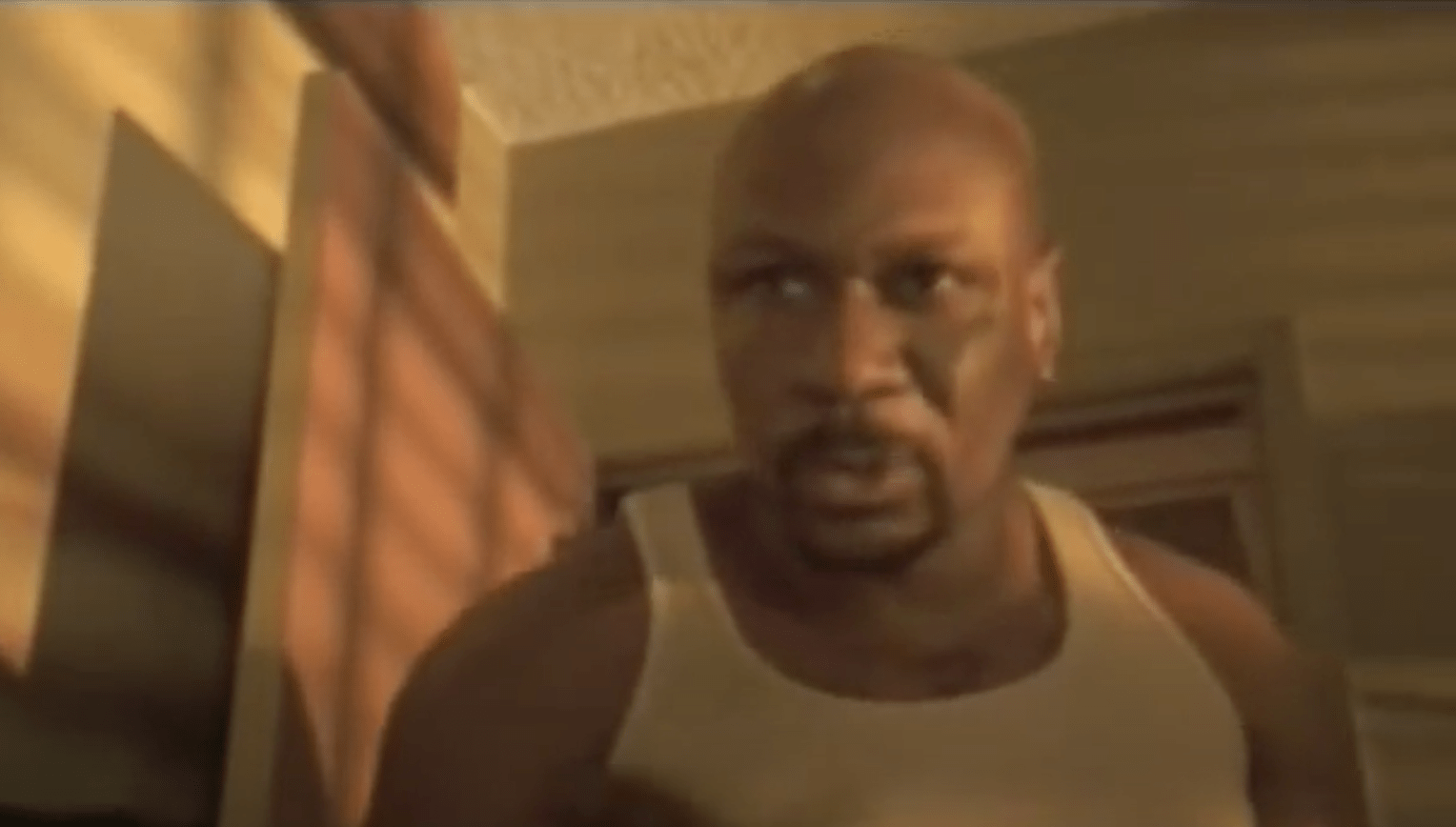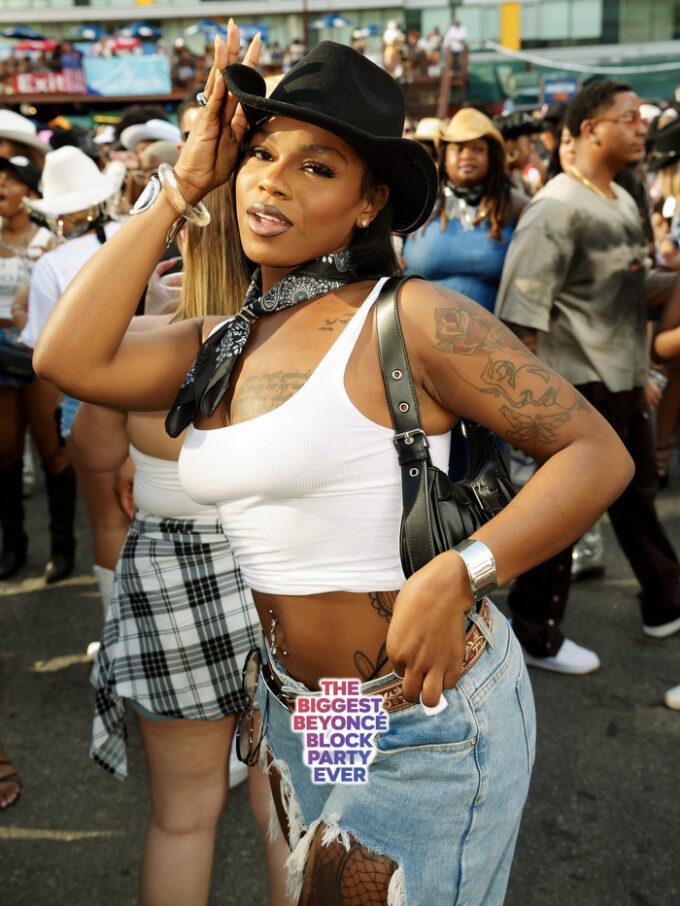Guns vs. Butter: Lessons from Baby Boy on Economic Choices

There’s this ongoing meme about how often BET reruns Baby Boy, but real talk, that movie is like a master class in the experiences and dynamics that hit home for many in the Black community. One of the standout scenes is that deep-cut “guns vs. butter” analogy. Right now, Black Americans are wielding a spending power of $1.6 trillion, yet the racial wealth gap remains staggeringly wide. This brings us to the real question: with all this economic influence, are we chasing guns or butter? Let’s unpack how Baby Boy still mirrors our societal realities today.
When I text you “??” that mean Baby Boy on.. AGAIN.
— BET (@BET) July 13, 2022
What Does “Guns vs. Butter” Mean?
At its core, the “guns vs. butter” analogy is an economic concept that represents a trade-off between two types of goods: “guns,” which symbolize investment in things that can yield future benefits, like assets, education, and savings; and “butter,” which stands for things consumed for immediate gratification, like flashy clothes, cars, and the latest tech.
In the movie, Melvin (played by Ving Rhames), the ex-gangster turned father figure in Jody’s life, breaks it down like this:
“There are two types of niggas in this world: niggas with guns and niggas with butter. Now, what are the guns? The guns, that’s the real estate, the stocks and bonds, artwork, you know, shit that appreciates with value. What’s the butter? Cars, clothes, jewelry, all that other bullshit that don’t mean shit after you buy it.”
Breaking Down the Real-Life Implications
This lesson is about more than just economics; it’s a metaphor for life choices, especially for African Americans.
For someone like Jody, who’s caught between the pull of the streets and the responsibilities of manhood, the choice between “guns” and “butter” is crucial. Guns represent the investments that can lead to long-term stability and success. This could mean investing in education, securing a stable home environment, or even just making smarter financial choices that will pay off in the long run.
On the flip side, “butter” is about living for today—spending on things that may bring momentary satisfaction but have no lasting value. It’s the allure of immediate gratification, something that’s all too tempting when you’re young, struggling, and trying to make a name for yourself.
Why This Message Matters
In a society where social media constantly flaunts the latest trends and luxuries, the pressure to keep up can push people towards choices that prioritize “butter” over “guns.” We should all ask ourselves: Are we maxing out our 401Ks and Roth IRAs, or is the Balenciaga merch in our closets our net worth? The lesson Melvin tried to impart to Jody is about the importance of thinking long-term—understanding that while the “butter” might make you look good today, the “guns” are what will help you survive and thrive in the future. This doesn’t just apply to financial decisions; it’s about life decisions and choosing the path that might be harder now but will lead to greater rewards later.
Economic disparities make these decisions even more critical, with the median household income for African Americans at $46,073 in 2022, significantly lower than the national median of $74,580, and the unemployment rate for Black Americans at 6.0% as of mid-2023, consistently higher than the national average of 3.5%. These figures highlight the systemic challenges that continue to affect African American communities, underscoring the importance of making strategic, long-term decisions. As economist Thomas Sowell noted, “There are no solutions, only trade-offs”—choosing “guns” over “butter” may mean sacrificing short-term pleasures, but it can also mean building a foundation for future stability and success.
So the next time you’re faced with a decision—whether it’s financial, personal, or professional—ask yourself: Are you choosing guns or butter?
Featured Listings
Credit Score in the 600s? These Credit Cards Won’t Ghost You
The Best Credit Cards for People with 600-650 Credit Scores Alright, so...
30+ Events. 75% Off. Endless Vibes.
Chances are, if you’re reading this, you’ve either been to a JoinTheMVEMNT...
8 Black Women-Owned Businesses to Support in the DMV This Month
The DMV is home to an incredible number of Black women entrepreneurs...
How the New Tariffs Will Impact Your Everyday Life—From Margaritas to Gas Prices
The U.S. has rolled out new tariffs on imported goods, and while...














Leave a comment